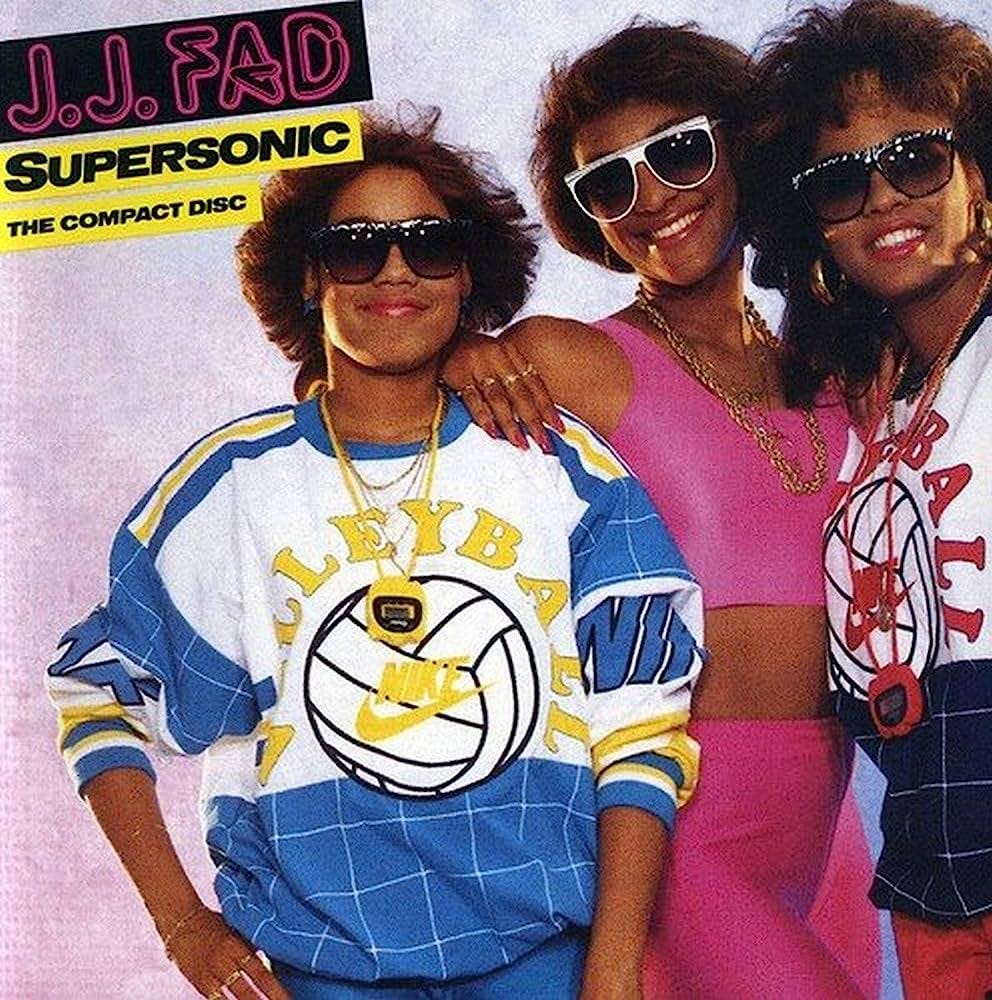Sonic Boom: A Retrospective Review of J.J. Fad's Supersonic Album
Supersonic: A one-hit wonder or an exemplification of a bygone era?
A chill in the air marked the closing of 1988, yet the sound waves were ablaze with the fast-paced, innovative beats of J.J. Fad's Supersonic. The album – released during an epoch when hip-hop was still wrestling with its identity – dared to bring a whimsical, female-fronted perspective to the predominantly male sphere. Its title track, “Supersonic,” became an unexpected hit, propelling the members of J.J. Fad – Juana Burns, Dania Birks, and Michelle Franklin – into a fleeting limelight. Yet, three decades later, the question arises: Was Supersonic a product of its era, a mere novelty, or a hidden treasure overlooked by the grand narrative of hip-hop history?
On a surface level, Supersonic holds a certain magnetism – it's an embodiment of fun, a fleeting snapshot of an era where dance music and hip-hop collided in a riot of colorful samples and synthesized beats. The title track boasts speedy lyrics that create a dazzling, auditory spectacle. The group’s talent is fully displayed as they experiment with alliteration, repetition, and rhythmic variation, concocting a whirlwind that would impress even today's tongue-twisting lyricists. The track managed to cement its place in pop culture, featuring in films and television shows, creating a legacy that belied the brevity of J.J. Fad's mainstream success.
However, denying the heavy influence of the album’s production team, the infamous N.W.A would-be misguided. The distinctive elements of N.W.A.'s sound – bombastic beats, heavy use of samples, and irreverent energy – pervade the tracks of Supersonic. Songs like “Is It Love” and “Now Really” reflect the quintessential vibe of late 80s hip-hop with a lively twist. The echo of N.W.A.'s signature sound offers an appealing nostalgia, though it also inadvertently reinforces the album's temporal confines, anchoring it firmly within its era.
Yet, to dismiss Supersonic as merely a product of its time would be an injustice. Despite its dated production style, it uniquely showcases female voices in a male-dominated scene. "Time Tah Get Stupid" packs a punch of powerful female energy that still feels refreshing. The album also offers a unique stylistic juxtaposition, juxtaposing its fun, dance-friendly tunes with lyrics that tackle themes such as female empowerment and societal expectations, albeit subtly.



Supersonic is 100% in the top 10 most played songs of my childhood. I can't be in a bad mood if this song is ever played around me